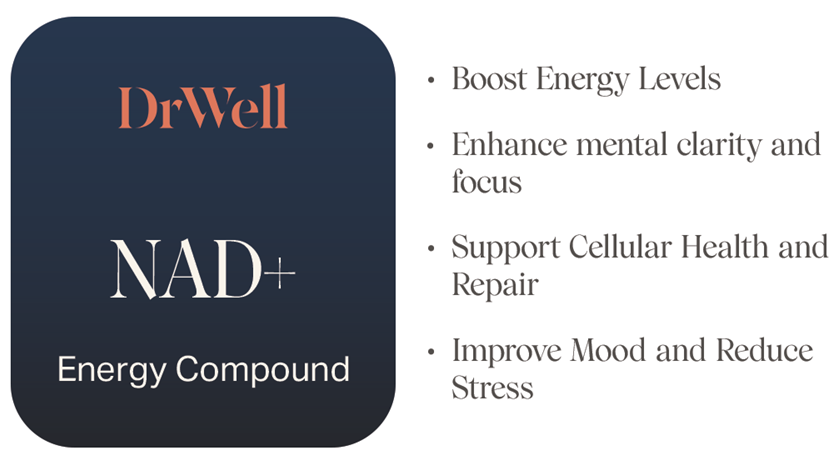 I used to think the knowledge gap in healthcare was mostly isolated to the separation between the provider’s understanding of the patient’s condition and the lack of understanding on the patient’s part. Similar to your dependence on the mechanic fixing your car correctly and honestly because you lack an understanding of the modern day combustion engine. But after reading this article in Vox, I’m starting to appreciate the depth and width of this knowledge gap. Where do I begin! There are so many issues that come to light in this well-written article, but as you’ll see, it was not the author’s intent.
I used to think the knowledge gap in healthcare was mostly isolated to the separation between the provider’s understanding of the patient’s condition and the lack of understanding on the patient’s part. Similar to your dependence on the mechanic fixing your car correctly and honestly because you lack an understanding of the modern day combustion engine. But after reading this article in Vox, I’m starting to appreciate the depth and width of this knowledge gap. Where do I begin! There are so many issues that come to light in this well-written article, but as you’ll see, it was not the author’s intent.
The knowledge gap in healthcare
The article above tells the story of a family taking their 3-year old to get an MRI for a new-onset illness. They did some cursory work to determine their out-of-pocket cost for this service. They thought they had a general idea of the cost beforehand. A few thousand dollars probably. Their bill ended up being $25,000. This was partly because they chose to go outside of their Obamacare-exchange insurance network.
Yes, this is expensive and yes, there are hidden fees at some facilities. That was the point of the article. But there is an underlying knowledge gap that led to the decisions on the part of the family, and even the facility, where the MRI was done. That was not the intent of the Vox article. Let me explain.
Extending bad insurance to more people isn’t the answer
First, Obamacare exchanges provide insurance for more of the population that what was available pre-ACA. The article correctly points out that it made insurance more affordable to the consumer. But it didn’t change the underlying cost of healthcare. What is also missed by the consumer is that you can’t solve the healthcare crisis by extending bad insurance to more consumers. Not everyone takes these Obamacare exchange insurance plans because they reimburse so poorly. As in this example, Stanford Hospital didn’t accept the family’s plan because of low reimbursement from the insurance company. So the family was forced to pay the costs out of pocket. This leads to another example of a knowledge gap.
Don’t go out of network for standard procedures
While the family was forced to pay out of pocket because they went out of network, going out of network wasn’t necessary in the first place! The family thought that they should get the MRI at a hospital that specializes in that particular disease process. What they didn’t understand is that an MRI is an MRI is an MRI. No matter where you get it. An MRI is a commodity which means it’s essentially the same test no matter where it is performed. So best to get it in-network and avoid the costly out-of-network rate.
Sometimes, even the facility doesn’t know what they’re talking about
The next example of a knowledge gap was on the part of the facility. When the family called around asking about pricing, my guess is they “simply” asked about the cost of an MRI but not, more specifically, the cost of an MRI for a 3-year old. The distinction is critical and I would argue the facility didn’t appreciate this distinction when providing an estimate beforehand. You see, an MRI requires the patient to stay perfectly still for the better part of an hour. While some adults may be able to do this, clearly a 3-year old child can not. So part of the $25,000 bill from Stanford was for an anesthesiologist and placing the child under general anesthesia for the MRI. Placing a child under general anesthesia for an MRI may sound unusual but it is necessary for a study (MRI) of this nature.
Yes, the cost of healthcare is critically important. While checking pricing on healthcare services is easier than ever, it can’t completely fill the knowledge gap. Parents will continue to think they’re doing the right thing by getting previously unaffordable insurance through an ACA exchange, even if, unbeknownst to them, fewer facilities will accept it due to poor reimbursement. Consumers will still think they have to go to the most well known institution for a test that can be done anywhere (and probably for less, and maybe even less if they don’t use insurance at all!). And ultimately, the consumer’s knowledge gap is no match for the knowledge gap exhibited by the facility for their own services!




